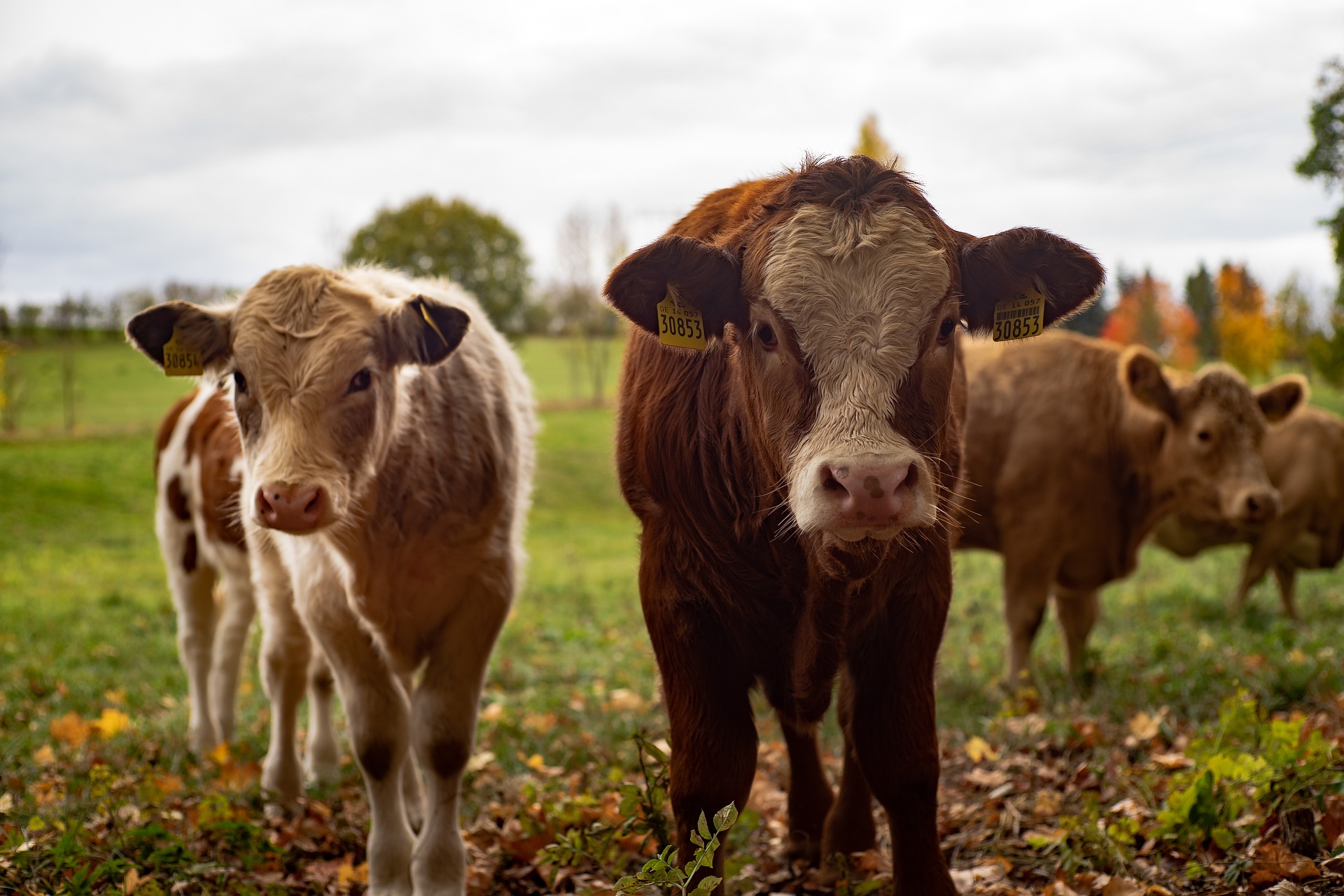Reactions: sales of antibiotics for animal use have fallen by almost 50 % in the last ten years
The EMA's annual European Surveillance of Veterinary Antimicrobial Consumption (ESVAC) report shows that sales of antibiotics for animal use have decreased by 47% between 2011 and 2021. In addition, sales of antibiotics considered "critically important" for use in humans have also decreased.

Bruno González - antibióticos animales EN
Bruno González Zorn
Professor of Animal Health at the Complutense University of Madrid and advisor to the WHO in the field of antibiotic resistance
Antibiotic sales in food-producing animals have been reduced by 50% between 2011 and 2021 in Europe, and sales of critically important antibiotics in human medicine have also been reduced. This is good news, and we should all congratulate ourselves for this, especially the European authorities and national agencies, in Spain the AEMPS with its National Antibiotic Resistance Plan (PRAN), for this unprecedented success.
However, we must not forget that antibiotic resistance is the biggest health threat we face today. Global antibiotic consumption has increased by 70% between 2000-2015 in developing countries, where the control of antibiotic consumption and procurement is negligible. This year we have learned that direct deaths of patients who do not respond to any antibiotic treatment are not 700,000 patients/year, as estimated, but 1.2 million/year worldwide. Moreover, the current data do not include the covid-19 years.
We know that, in the world and in Europe, this pandemic has increased the levels of resistance to antibiotics of last resort, and has accelerated the generation of pan-resistant bacteria, resistant to all antibiotics available in practice in our hospitals. The WHO is developing a list of critical antibiotics for humans, which aims to help countries focus their efforts on the antibiotics most relevant to our health.
Lourdes Migura - antibióticos animales EN
Lourdes Migura
IRTA-CReSA researcher expert in antimicrobial resistance
Since the implementation of the National Plan against Antibiotic Resistance (PRAN), an awareness campaign on the prudent use of antibiotics has been carried out. From the animal health sector, different programmes have been launched to reduce the consumption of antibiotics in different animal species, especially those intended for human consumption.
From the production sector, professionals such as veterinarians and livestock farmers have made a great effort to prevent the entry of diseases and their transmission within farms by improving biosecurity, hygiene and management, always maintaining animal welfare.
Alternatives to antibiotics have also been sought, such as natural additives, probiotics, etc., which, when added to diets, have an impact on a good balance of beneficial bacteria residing in the intestine, hindering the entry of pathogens and maintaining good intestinal health. And, very importantly, the use of drug mixtures has been discontinued and there is an increasing trend towards individualised or group treatments.
Unfortunately, in livestock farming we are far from having efficient vaccines for a large number of pathogens, and despite taking preventive measures, when animals get sick, antibiotic treatment is essential, always starting with antibiotics that have little impact on human medicine to reduce the emergence of resistant bacteria of critical importance to human health.
